Prophet Muhammad (Pbuh) Made all Efforts to Establish Peace for the Greater Good of Society
Report by: Dr. Manzar Imam
The Qur’an is the best book of Seerah, the second best comprises the body of Ahadith, and the third are the books written by authors, said Dr. Mohammad Mushtak Tijarwi, Assistant Professor, Department of Islamic Studies, Jamia Millia Islamia. He was delivering a lecture on “The guidance from the Seerah of the Prophet to establish peace during difficult times,” recently organized by the Islamic Fiqh Academy (IFA), New Delhi. The letters that the Prophet wrote are a major source of Seerah, he said.
“Peace is the most sought-after thing for which wars have been fought,” said Dr. Tijarwi, adding that the objective of religion itself is peace. However, he asked what the ideal of peace is and went on to explain that a man travels from one city to another in which he has no fear. The other is that he is at home and has no fear. The Prophet had established that kind of peace in which everyone felt peace. And the best thing for peace is patience because patience is power. It is not weakness. Muslims lived in Shi’ab Abi Talib for three years. It was the age of internationalization of Islam because Najashi (Negus), the ruler, had then accepted Islam. Patience during trying times is the teaching of the Prophet. He said that excellence and struggle are also forms of patience.

About how information was passed in those days, Tijarwi said, “Poetry was the media of the past.” The second means of communication was letters. People traveled a lot in those days. Thus, we see the grave of the famous poet Imra’ul Qais in Ankara, of the great-grandfather of the Prophet at Ghazza. The Arabs used to live between centers of civilizations as if it was an ‘island of ignorance.’ Then they changed. Pen then came into the hands of the Arabs. Those who were considered no leaders anywhere became leaders (imams) of the world. Adopt tauheed (monotheism) and shun polytheism, and the world will pay you taxes, the Prophet told his uncle Abu Talib. Most fitnas (mischief) in the world are caused due to a certain sense of pride. The other major cause is linguistic conceit. The Prophet brought people to the level of equality on the idea of tauheed. He did away with all kinds of prejudices and forbade the unjust killing of men. The punishment of unjust killing is the same as that of “shirk” or polytheism. He further said that to establish peace we need to act upon these Prophetic ideas. “Man is created on earth so that he is good by his own intention and practice,” he said to bring home the point that peace cannot be established without action and intention.
Tijarwi, who is also a graduate of Darul Uloom Deoband, said that almost 6000 out of 6666 verses of the Qur’an are about making man a God-loving man. Only 300 or at most 500 verses are about orders. Sherbet is considered the best thing to drink but the Qur’an says it is the drinking of anger that is the best drink.
Prophet Muhammad (Pbuh) made all efforts to establish peace for the greater good of society and changed the world to the extent that nothing now remains as it was before him. Today, nothing is unaffected by Islam. Islam, according to a number of orientalists, was a bloodless revolution. The battle of Badr was just a skirmish of a few hours. So was the case of the battle of Uhud. Prophet Muhammad (Pbuh) did not wield a sword except once. He quoted a Western thinker’s words that “Muhammad produced a nursery of heroes.”
Presiding over the programme, Maulana Muhammad Abdullah Tariq said, “No matter how much praise you lavish upon the Prophet, it will be a false praise if you do not believe in the Prophet.” Maulana Tariq, who also heads the Delhi-based Idara Umoor-e-Masajid, said, “Consultation is on what the text is silent about, not on what is mansus (stated through sacred text).” Once, when the Prophet said to Abuzar (RA), one of his companions, “Abuzar, You are a man who still has jahiliyya in you,” Abuzar was completely shaken because jahiliyyat stood for the denial of truth, ignorance, and the age of darkness, which Islam aimed to dispel. He impressed upon the idea of practice stating that there is no dearth of knowledge and information but it is about how much part of deen is there in your life.

A good number of ‘ulama, academicians, intellectuals, students, and media persons including office-bearers and scholars associated with IFA, Mufti Ahmad Nadir Qasmi, Maulana Safdar Ali Nadwi, and Mufti Imtiyaz Ahmad Qasmi attended the lecture.
(The writer is an independent journalist and director of MJ Achievers Academy, New Delhi)

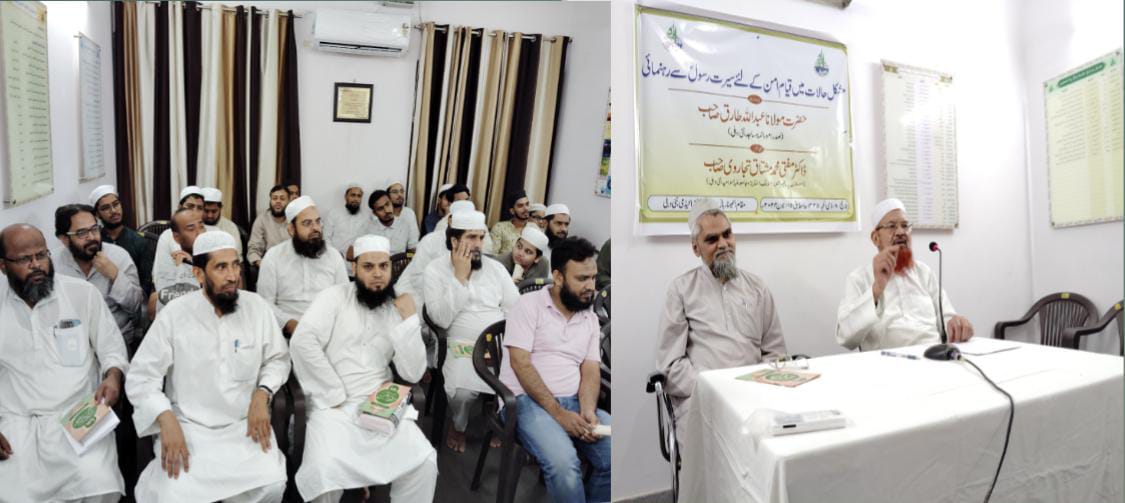
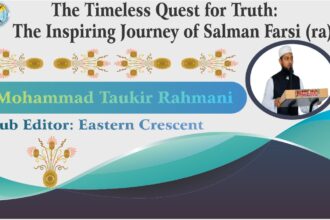
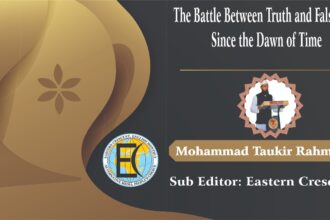
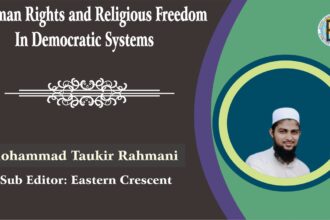
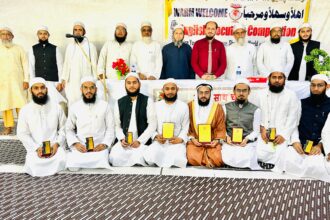
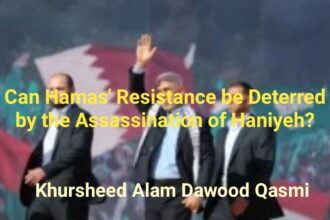
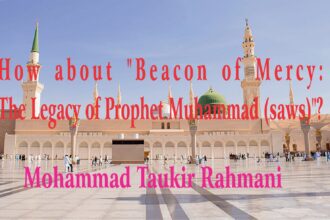
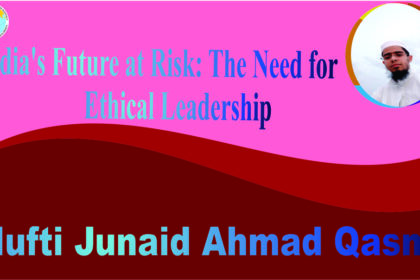
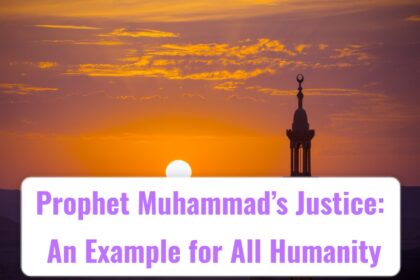

I was studying some of your articles on this site and I conceive this website is really informative!
Retain putting up.Expand blog
I wass recommended this blog via my cousin. I’m noo longer positive wbether this put
up is written via him ass nobody else understand
such targeted approximately my problem. You’re incredible!
Thanks!